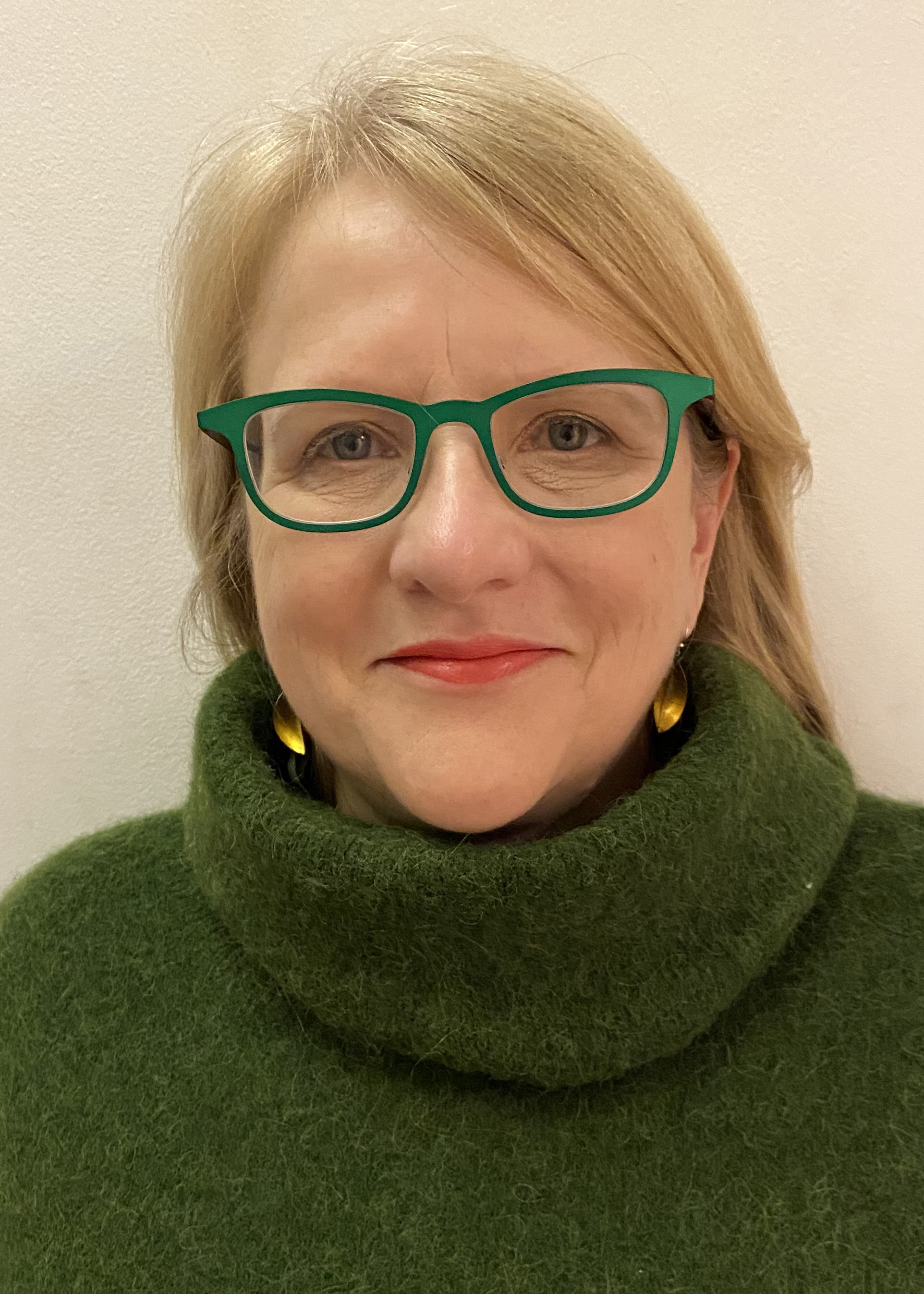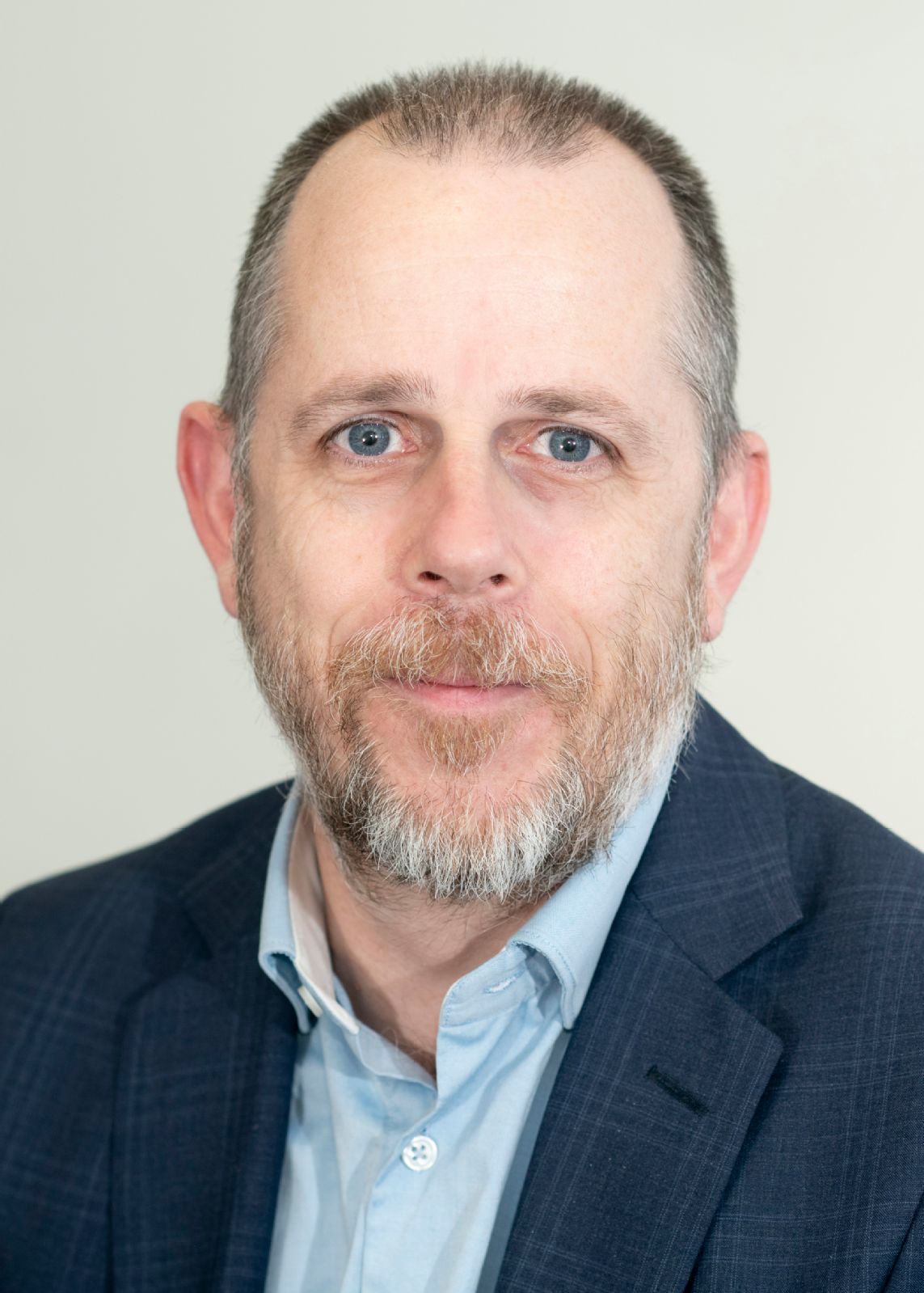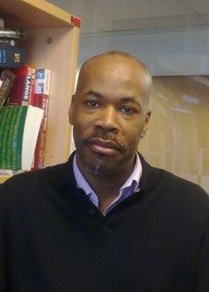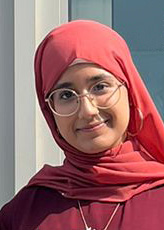Keynote Speakers

Professor Sara Rankin
Sara Rankin FRSB has PhD in Pharmacology from Kings College London. She joined Imperial College London in 1995 where she is now Professor of Leukocyte and Stem Cell Biology, leading the Regenerative Pharmacology research group in NHLI, Faculty of Medicine.
Sara has been committed to outreach and societal engagement throughout her career and has awards for leadership, innovation, and collaboration in societal engagement. Her projects include the science pop-up shops like the Heart and Lung Repair shop and a Collaboration with artist Gina Czarnecki creating an art exhibition ‘wasted’ that toured Nationally. This project aimed to increase discussion about the altruistic donation of body parts and stem cells for future healthcare possibilities.
Sara has been involved in teaching at undergraduate and postgraduate levels and has also acted as Snr Postgraduate Tutor for NHLI and Senior Welfare tutor for the school of Medicine.
In her role as Welfare tutor, she encountered a handful of students each year with serious mental health problems. These students were failing in the intercalated BSc year of their MBBS programme. Sara recognised that all these students had specific learning differences (spLDs e.g. dyslexia, dyspraxia, ADHD) and this led her to work with the College Education Centre and Disability Advisory Service on a project that led to changes in the way the iBSc was assessed and an e-learning resource for academics - How to Making Teaching Accessible for Students with spLDs.
Sarah contributes to a course providing a short overview of SpLDs:
Understanding Specific Learning Difficulties/Differences (SpLDs) – inclusive strategies for learning

Professor Philip Young
Professor Philip Young, University of Warwick.
Director of Educational Analytics.
Philip is a Professorial Teaching Fellow at the University of Warwick (School of Life Sciences). Pedagogically, Philip’s main interests are assessment strategies and constructive alignment in tertiary education. Within Life Sciences, Philip is currently the Director of Educational Analytics, and uses educational data to analyse assessment performance and impact, with the aim of monitoring and ensuring the School’s assessment portfolio is truly inclusive. His current research interests focus on the impact of the pandemic on minority groups and the transitional monitoring.
Areas of Interest:
- Biomedical Sciences
- Educational Analytics
- Award Gaps
- Transitional Monitoring versus traditional award monitoring

Professor Winston Morgan
Professor Winston Morgan, University of East London.
Director of Impact & Innovation, Medicines Research Group.
Department of Bioscience, School of Health, Sport and Bioscience.
Professor Winston Morgan is a researcher in toxicology and clinical biochemistry, he teaches on several programmes from level 4-7 in Pharmacology, Biochemistry, Biochemical Science and Medical Physiology. Professor Morgan splits his research and scholarly activity between bioscience research and research into the outcomes for Black Asian and Minority Ethnic Students and Staff in Higher Education. Professor Morgan also researches factors which contributes to poorer medical outcomes of individuals and groups on the basis of race and ethnicity.
Areas of Interest:
- Bioscience
- Outcomes for Black Asian and Minority Ethnic Students and Staff in Higher Education
- Factors which contribute to poorer medical outcomes of individuals and groups on the basis of race and ethnicity

Zainah Adam
Zainah Adam, University of Warwick
Research Assistant.
Zainah is currently working on several projects at the University of Warwick and has recently graduated with a BSc Biomedical Sciences with a Placement Year.
She was previously the President at the Public Speaking Society at the University of Warwick, where she has organised and delivered numerous public speaking events within Life Sciences. She is an advocate for improving inclusivity and diversity at Life Sciences and has been involved in projects and pioneered modules to improve the gap between secondary and higher education. This includes creating online lab resources, resources that help placement students to identify toxic workplaces, and highlighting the importance of mental health and cultural awareness.
Areas of Interest:
- Using public speaking to empower minorities
- Bridging the gap to higher education
- Improving inclusivity within Life Sciences
